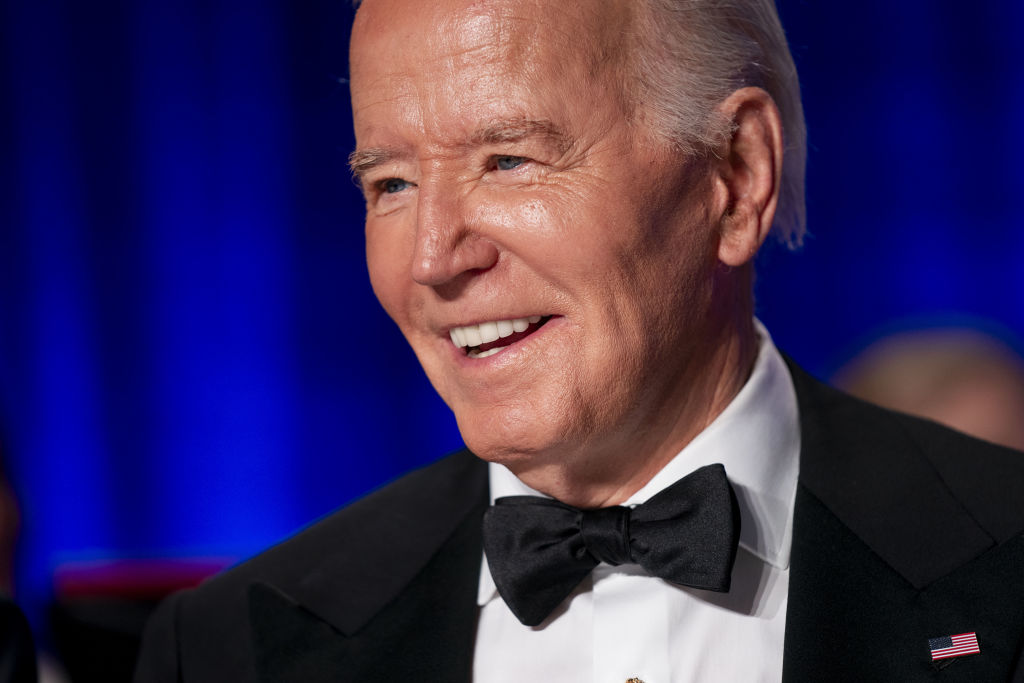Supreme Court Urges Government Figures to Avoid Silencing Critics on Social Networks
The Digital Public Square: SCOTUS Signals a Warning to Public Officials
Imagine logging into your social media account on a casual Friday and noticing the highest court in the land signaling a major shift in digital communication norms for public officials. That’s what echoed through the virtual halls of justice this week.
A Case of Digital Boundaries: James Freed’s Facebook Fiasco
Before Facebook became a digital town square, James Freed created a private account. Fast forward to 2008, and that account transformed into something more public—a “page” that blurred the lines between personal anecdotes and official dispatches as Port Huron, Michigan’s city manager. From quirky life updates to pressing job announcements, Freed’s mix of content came under scrutiny when his personal policy on comment moderation clashed with free speech concerns.
Pandemic Posts Spark Legal Battle
The COVID-19 pandemic pushed Freed to share both personal insights and professional strategies on his evolving platform. Enter Facebook user Kevin Lindke, a vocal critic against the city’s pandemic handling. After his comments were scrubbed from the record and his ability to voice further dissent was blocked, Lindke saw this as more than a digital snub—he saw it as a First Amendment violation, arguing the page had become a public forum by virtue of Freed’s role.
The crux of the matter lay in whether a public official’s social media space could be considered a public forum, thereby subjecting it to the same free speech rights as a city hall meeting.
The Verdict Dilemma: District Court and Circuit Court Stances
In a pivotal case titled Lindke v. Freed, the wheels of justice seemed to initially favor Freed. Both the District Court and the Sixth Circuit Court aligned with Freed’s right to moderate his digital domain. But the final word hadn’t been spoken.
Supreme Court Steps In: A New Precedent
While JDSupra.com shined a light on the complexities of ‘mixed use’ social media pages, the Supreme Court wasn’t ready to leave the Sixth Circuit’s affirmation as the last word. They vacated the judgment and pressed the reset button, sending the case back down for a second look.
The distinction was clear: an official only acts under state color when wielding actual authority on state’s behalf while engaging on social media. This detail, nestled in their remand, sparked conversations about the link between digital actions and governmental attribution.
Explained in layman’s terms, imagine if section 1983 was your legal shield, protecting you from the overreach of a state-linked entity rather than a private quarrel. The Sixth Circuit had outlined circumstances when an official’s online activity could be ‘fairly attributable’ to state action—criteria that now faced further contemplation in light of the Supreme Court’s intervention.
With the case sent back for re-examination, the Supreme Court nudged us to reconsider our assumptions about the roles and rules governing public officials in the age of social connectivity. In the evolving digital landscape, the distinction between personal expression and official conduct remains a nuanced debate, poised on the edge of our keyboards.
Looking Forward: The Intersection of Social Media and the First Amendment
As we await the outcome on remand, one fact remains unchallenged: the way we perceive the intersection of social media and free speech in the public sector has encountered a pivotal moment. And amid this digital age, on this particular Friday, the Supreme Court’s warning stands as a stark reminder of our need to navigate these uncharted waters with both an understanding of rights and the responsibilities that come with public service.
" Conservative News Daily does not always share or support the views and opinions expressed here; they are just those of the writer."




